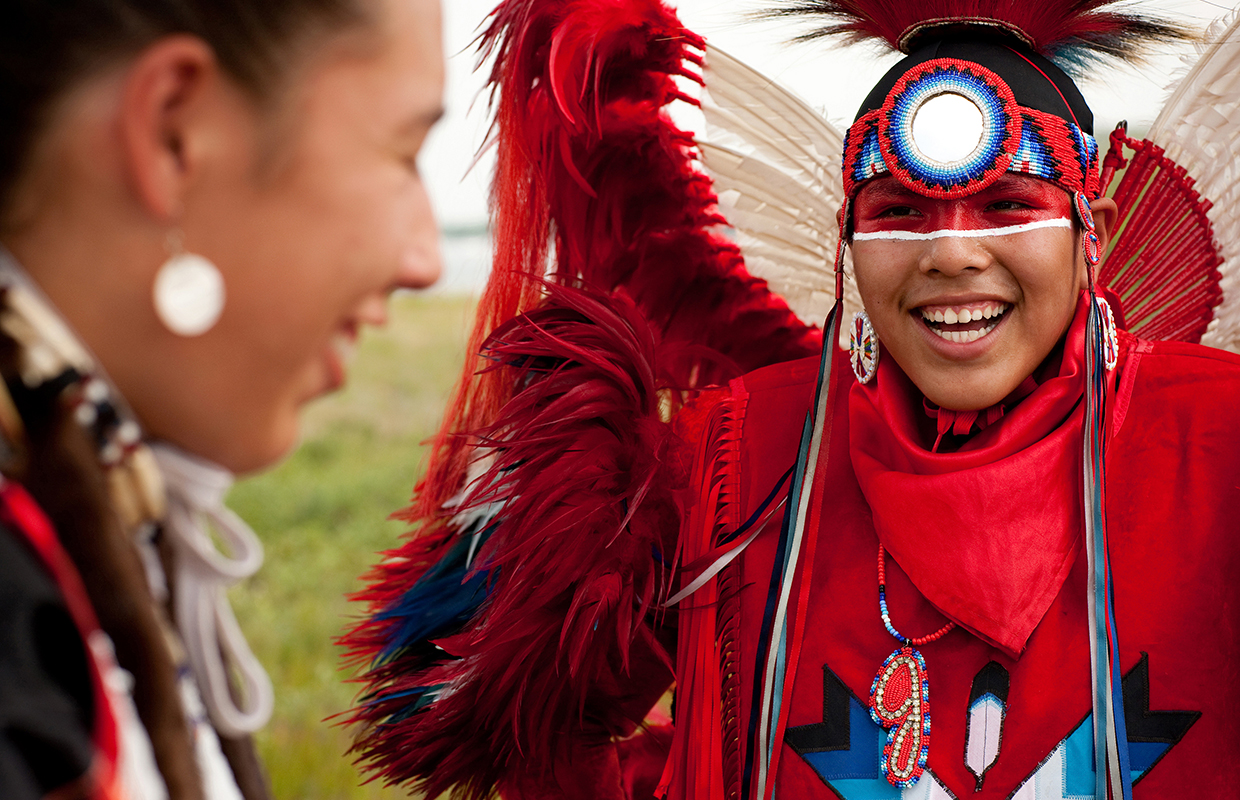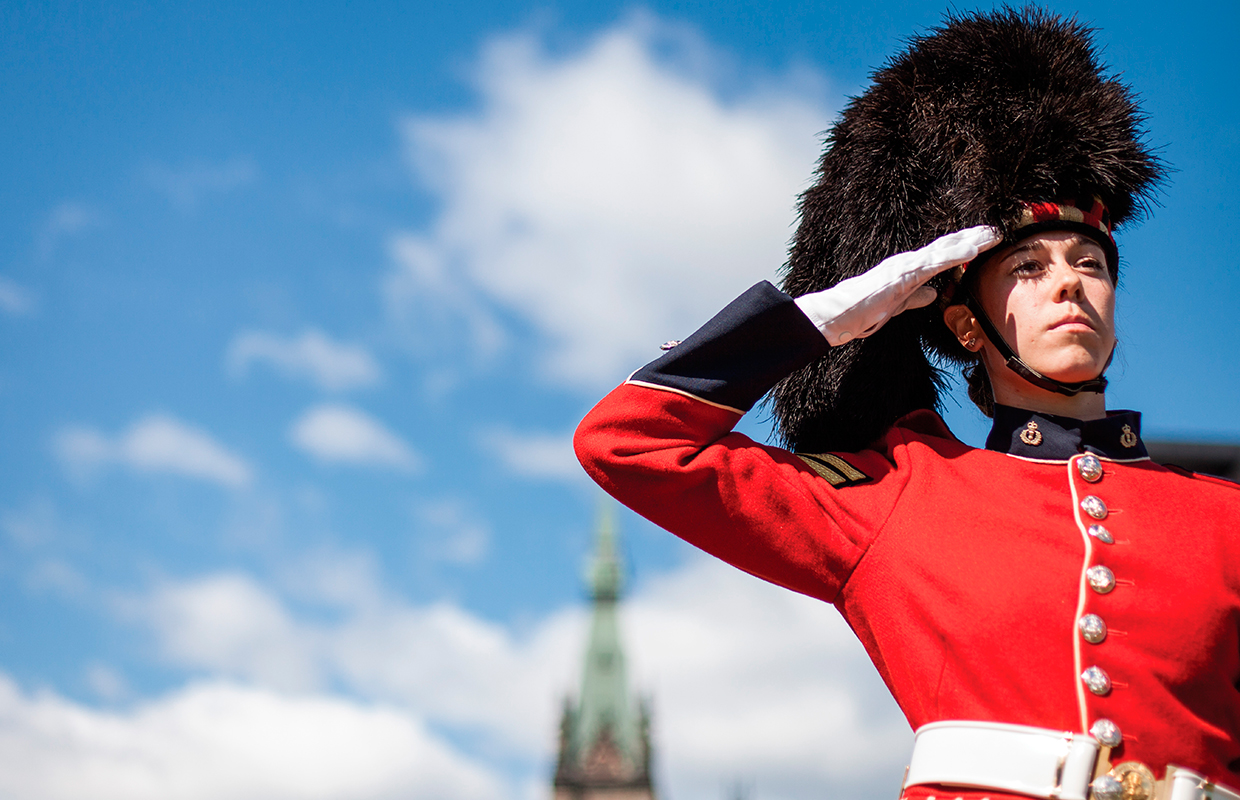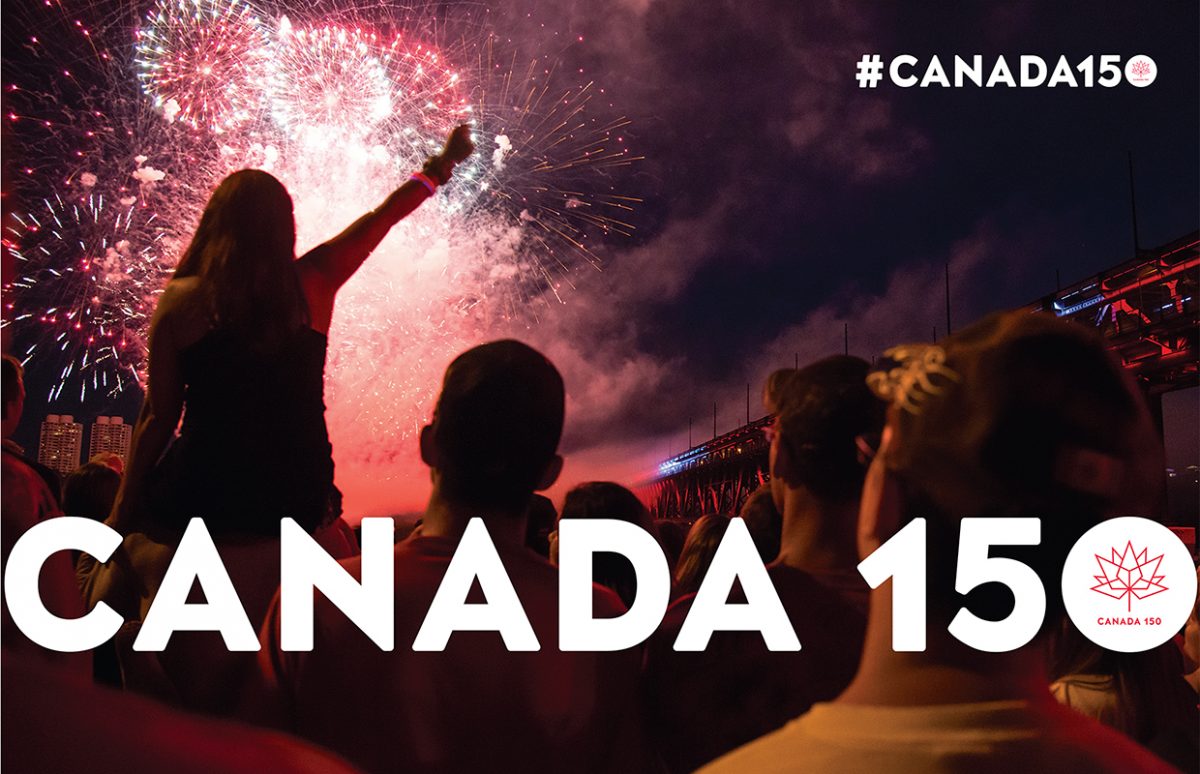Canada is celebrating its 150th anniversary in 2017. July 1 marks the 150 years since Confederation, when the British colonies in modern day Canada joined to form the self-governing British Dominion of Canada. June and July are already months when Canadians take time to appreciate their country. This year, they will push the appreciation to another level.
Canada celebrates its independence every year on 1 July, Canada Day. In the ten days previously, there are three other celebrations of national diversity.

National Aboriginal Day is on 21 June, the summer solstice. About five per cent, or 1.8 million, Canadians identify themselves as Aboriginal or Indigenous (the general terms) or as either First Nations (“Indians”), Métis or Inuit. There are more than 50 indigenous languages.
The First Nations are the largest group, consisting of 50 separate Nations, in six geographical groups. Canada is a vast country, the second largest in the world, and the geographical conditions meant the different groups had vastly differing lifestyles from the Pacific Coast through the Woodlands and Plains to the barren Yukon.
There are about 72,000 Inuit, about three quarters living in the northern regions, particularly Nunavut, the tenth Canadian territory, created in 1999 when it separated from the North-West Territories. They have a common language, Inuktitut, also spoken with dialectical variations by Inuit in Greenland, Alaska and Russia
Almost 450,000 Canadians identify as Métis. In the eighteenth century many European fur traders had children with indigenous women. The Métis developed a specific identity, culture and language, separate both from the First Nations groups and the European immigrants.
National Aboriginal Day allows for displays of indigenous culture but also shows recognition of the difficulties faced by indigenous peoples in the face of colonisation, and the need for reconciliation.
Quebec's National Day
24 June is Saint-Jean-Baptiste Day, in honour of Francophone culture and particularly observed in Quebec, where it is described as Quebec’s National Day – not a chance choice of name from the region which regularly moots independence from Canada. The day in honour of the patron saint of French Canadians features huge free music festivals, parades and everyone wearing blue, white and fleur-de-lys to match the Quebecois flag.
Multiculturalism
27 June marks Multculturalism Day. Canada is well known for its multiculturalism, welcoming cultural diversity rather than expecting immigrants to shed their identity to integrate. Mutliculturalism is often described as a mosaic or a “tossed salad” in contrast to the American “melting pot”. Canada was the first country in the world to adopt multiculturalism as an official policy, in 1971.

Canada 150
The celebrations culminate each year on 1 July, Canada Day, the national day, which celebrates Confederation, the country’s de facto independence from the UK.
Confederation became official on 1 July 1867. The existing British and former French colonies joined to create the British Dominion of Canada. In 1867, it only consisted of four of the modern day provinces: Ontario, Quebec, Nova Scotia and New Brunswick, all in the East. Until 1870, vast swathes of the Canadian west, known as Rupert’s Land, were run not by a government but by a commercial entity, the Hudson’s Bay Company (as the East India Company administered India.)
All British Dominions became officially independent in 1931.
Today, Canada has ten provinces and three territories. The most recent is Nunavut, an Inuit territory that separated from the North West Territory in 1999.
The anniversary of Confederation is being celebrated all year long, for example with a 150-day expedition “from coast to coast to coast”, visiting Canada’s three ocean coasts and including a representative group of Canadians visiting many coastal communities along the way.

Copyright(s) :
Destination Canada
> All Around Canada to Celebrate 150 Years
> Basic Income: An Idea Whose Time Has Come?
Tag(s) : "Canada" "celebrations" "geography" "history" "indigenous people" "July" "multiculturalism"






